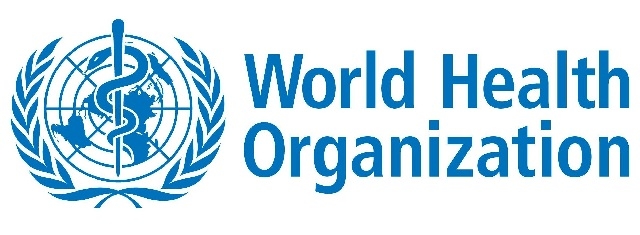Health
What works to improve young people´s sexual and reproductive health
New research published August 22,2016

WORLD HEALTH ORGANIZATION
USPA NEWS -
New research published August 22, shows that there are number of interventions which can help to improve health outcomes in young people (ages 10-24), but there is no single action or intervention which can work for all young people, to address all of their needs....
New research published August 22, shows that there are number of interventions which can help to improve health outcomes in young people (ages 10-24), but there is no single action or intervention which can work for all young people, to address all of their needs. While several high-quality interventions were found, they may only be applicable in specific settings for specific outcomes. More evidence is needed to show whether these interventions can apply to other settings or help to improve additional sexual and reproductive health outcomes for young people.
The set of reviews, published in a special supplement to the 'Journal of Adolescent Health', provide a systematic assessment of evidence on high-quality studies (which met criteria assessing the design, implementation, and evaluation) for improving the sexual and reproductive health of young people living in low- and middle-income countries. The reviews focus on three adverse health-related outcomes for young people: unintended and repeat pregnancy; child marriage; and sexually transmitted infections including HIV.
Taking more than four years to complete, the study team reviewed over 57 000 articles from both peer-reviewed articles and grey literature, and report on high-quality studies intended to make changes in young people´s actions or behaviours.
NO SIMPLE SOLUTION
The research team identified a small number of high-quality studies, but none which prove effective in addressing all three targets simultaneously, and few which are effective across settings. As the authors note, high-quality, well-implemented and effectively-evaluated interventions that found success ““ such as conditional cash-transfer programmes ““ are also not effective in all country settings or for all three outcomes simultaneously.
NO SIMPLE SOLUTION
The research team identified a small number of high-quality studies, but none which prove effective in addressing all three targets simultaneously, and few which are effective across settings. As the authors note, high-quality, well-implemented and effectively-evaluated interventions that found success ““ such as conditional cash-transfer programmes ““ are also not effective in all country settings or for all three outcomes simultaneously.
Michelle Hindin, Scientist at WHO and an author of the study comments, 'There´s no one size fits all solution ““ and effectiveness often also depends on where and how an intervention is implemented.'
While there is no single approach which works to improve all outcomes, the study found that there are a range of high-quality strategies that have positively impacted young people´s sexual and reproductive health, in that they can help to inform strategic investments in many contexts and across diverse populations and settings.
While there is no single approach which works to improve all outcomes, the study found that there are a range of high-quality strategies that have positively impacted young people´s sexual and reproductive health, in that they can help to inform strategic investments in many contexts and across diverse populations and settings.
DOING THINGS WELL
The authors call attention to the need for efforts to be made to improve reporting and data. This includes a greater focus on what interventions work, and also how they are designed, how they are carried out, and how they are evaluated.
Michelle Hindin comments 'When we have better data, we have a better understanding of what works, where, and how. Programme managers and funders need this information to take action that can make a sustainable difference'
The authors call attention to the need for efforts to be made to improve reporting and data. This includes a greater focus on what interventions work, and also how they are designed, how they are carried out, and how they are evaluated.
Michelle Hindin comments 'When we have better data, we have a better understanding of what works, where, and how. Programme managers and funders need this information to take action that can make a sustainable difference'
The study also shows the need for high-quality interventions to be implemented well, designed well and evaluated well in order to be successful, sustainable, and potentially scalable.
Source : World Health Organization
Research highlights interventions which improve sexual and reproductive health outcomes for young people
Ruby BIRD
http://www.portfolio.uspa24.com/
Yasmina BEDDOU
http://www.yasmina-beddou.uspa24.com/
Source : World Health Organization
Research highlights interventions which improve sexual and reproductive health outcomes for young people
Ruby BIRD
http://www.portfolio.uspa24.com/
Yasmina BEDDOU
http://www.yasmina-beddou.uspa24.com/
Improve Health Reproductiv Sexual Young People 2016 August 22 New Research Published Yasmina Beddou Ruby Bird
Liability for this article lies with the author, who also holds the copyright. Editorial content from USPA may be quoted on other websites as long as the quote comprises no more than 5% of the entire text, is marked as such and the source is named (via hyperlink).






